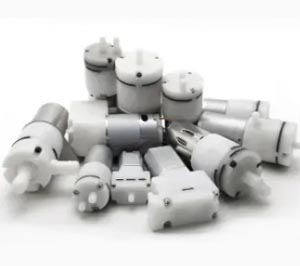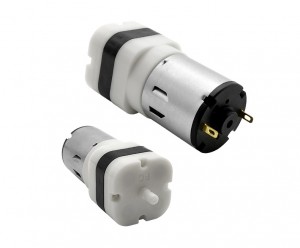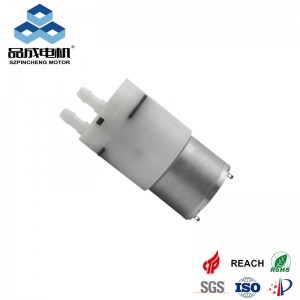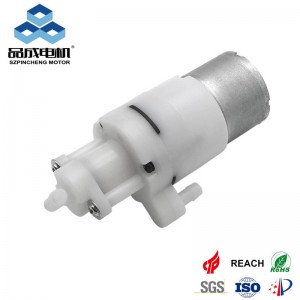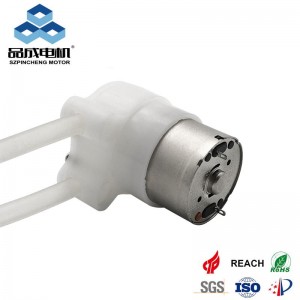Micro Diaphragm pumps are widely used in various industries for their versatility and reliability. However, like any technology, they come with their own set of disadvantages. In this article, we will explore the limitations of diaphragm pumps, helping you make informed decisions when selecting a pump for your specific application.
1. Limited Flow Rate
One of the primary disadvantages of diaphragm pumps is their limited flow rate compared to other pump types, such as centrifugal pumps. Diaphragm pumps are designed for precise fluid handling, which often results in lower flow rates. This limitation can be a significant factor in applications that require high-volume fluid transfer.
2. Pulsation in Flow
Micro Diaphragm pumps operate by creating a series of suction and discharge cycles, which can lead to pulsating flow. This pulsation can be problematic in systems where a steady flow is crucial. While pulsation dampeners can be used to mitigate this issue, they add complexity and cost to the system.
3. Sensitivity to Fluid Characteristics
Diaphragm pumps can be sensitive to the viscosity and nature of the fluid being pumped. Highly viscous fluids may require more power to operate and can lead to increased wear on the diaphragm. Additionally, abrasive or corrosive fluids can shorten the lifespan of the diaphragm, necessitating more frequent replacements.
4. Higher Initial Cost
Compared to some other pump types, diaphragm pumps can have a higher initial purchase cost. This price can be a barrier for smaller operations or those with limited budgets. However, it's essential to consider the total cost of ownership, including maintenance and operational costs, when evaluating the overall value of a diaphragm pump.
5. Maintenance Requirements
While diaphragm pumps are generally low maintenance, they do require periodic inspections and replacements of components such as diaphragms and valves. Over time, wear and tear can affect performance, leading to downtime and additional costs. Proper maintenance is crucial to ensure the longevity and efficiency of the pump.
6. Temperature Limitations
Diaphragm pumps often have temperature limitations based on the materials used in their construction. High temperatures can cause the diaphragm material to degrade, resulting in failure. It's essential to select a diaphragm pump that is rated for the specific temperature range of your application.
Conclusion
While diaphragm pumps offer many advantages, including versatility and leak-free operation, they also come with disadvantages that should be carefully considered. Understanding these limitations can help you choose the right pump for your needs, ensuring optimal performance and reliability.
For more information on diaphragm pumps and their applications, visit Pincheng Motor.
you like also all
Read More News
Post time: Aug-19-2025


